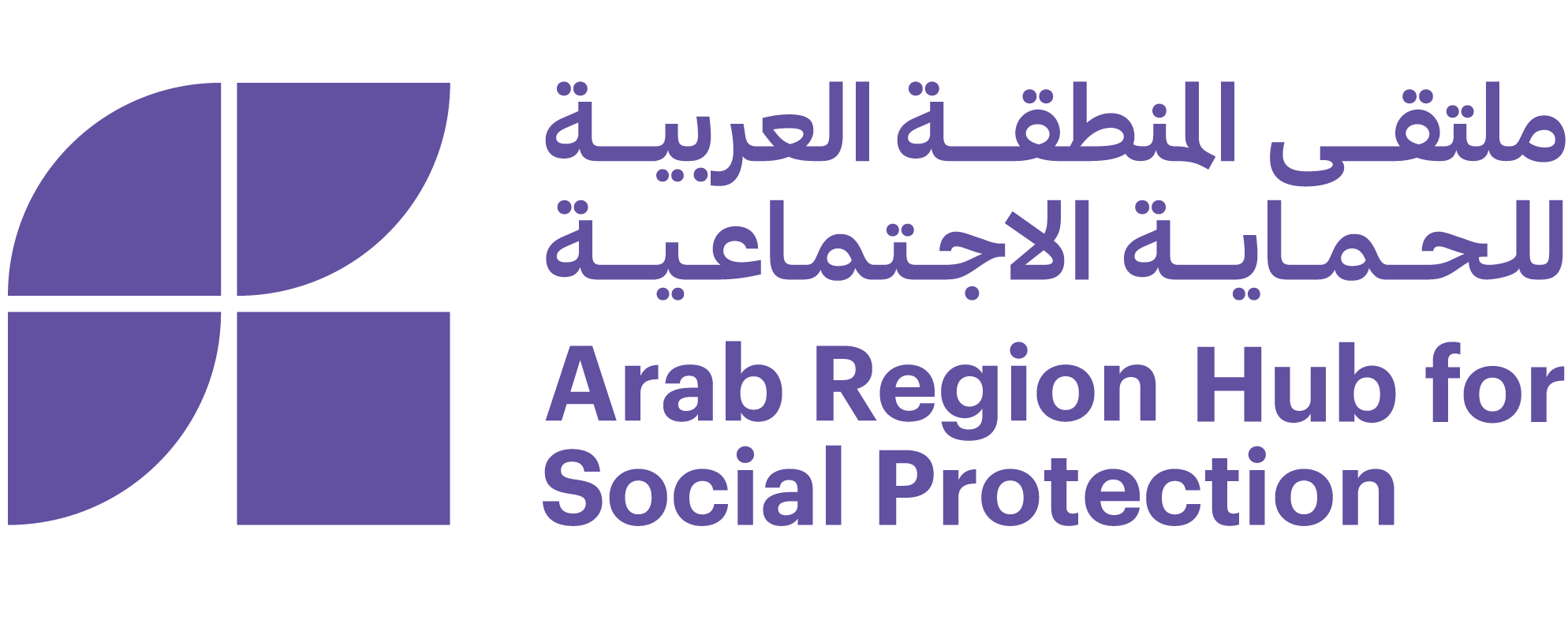Khaled Nasri, Mohamed Amara, and Imane Helmai

This paper aims to provide a comprehensive overview of the social protection system in Tunisia based on discussions with policymakers and civil society actors as well as a document review of academic literature and reports produced by the government, international organizations, and other stakeholders. After presenting information on the economic, demographic, and social factors influencing social protection strategies in Tunisia, the first part of this paper covers the legal framework related to contributory social protection schemes in the public and private sectors. We also identify the coverage of these schemes, the contributions and benefits provided, and the conditions for granting these services. We then discuss the non-contributory system of social protection in Tunisia, particularly the Assistance to Needy Families program, the school allowance program, the free medical assistance program, energy and food subsidies, and the Amen Social program, among others. Finally, we identify the gaps in ensuring the delivery of social protection to all Tunisians, as well as the expectations of and recommendations for the civil society and international organizations and the key issues for moving forward.
To read the working paper: click here

Comments are closed, but trackbacks and pingbacks are open.